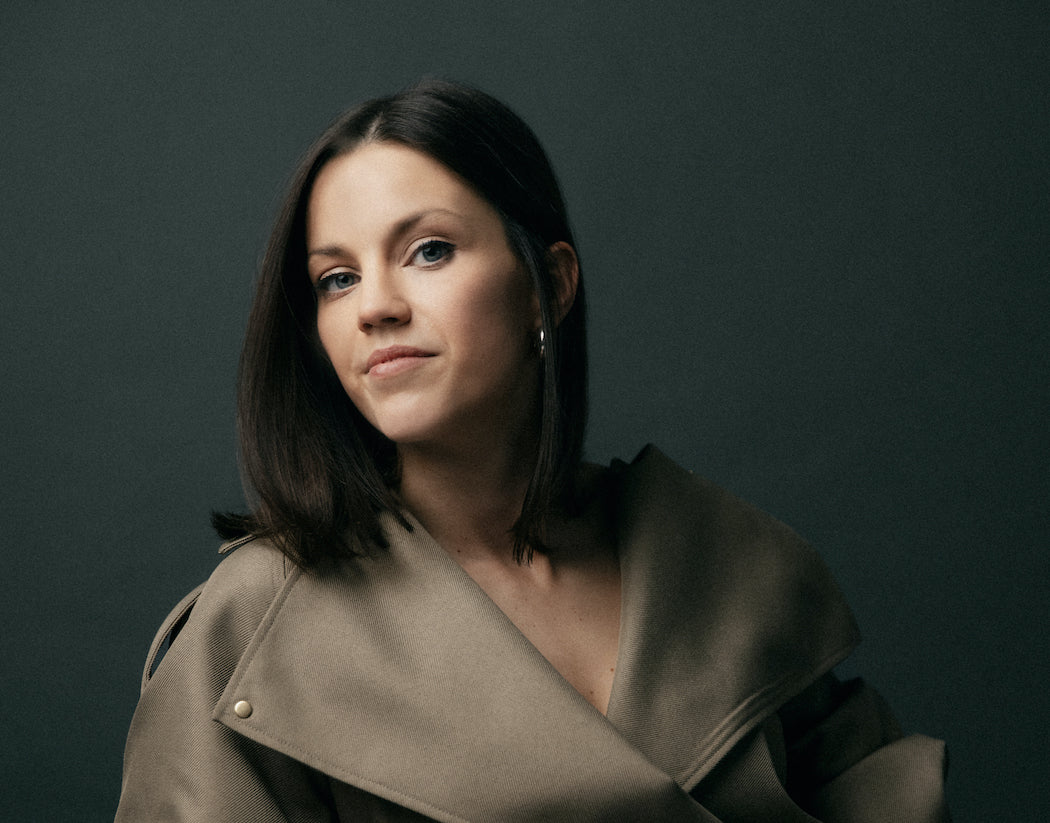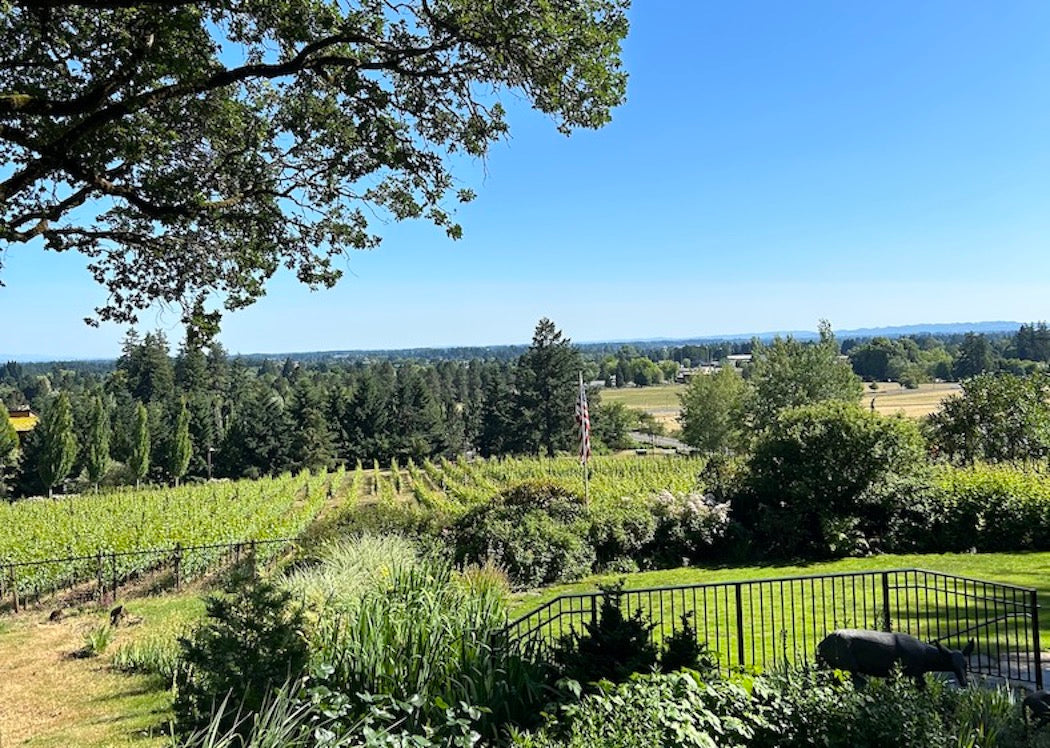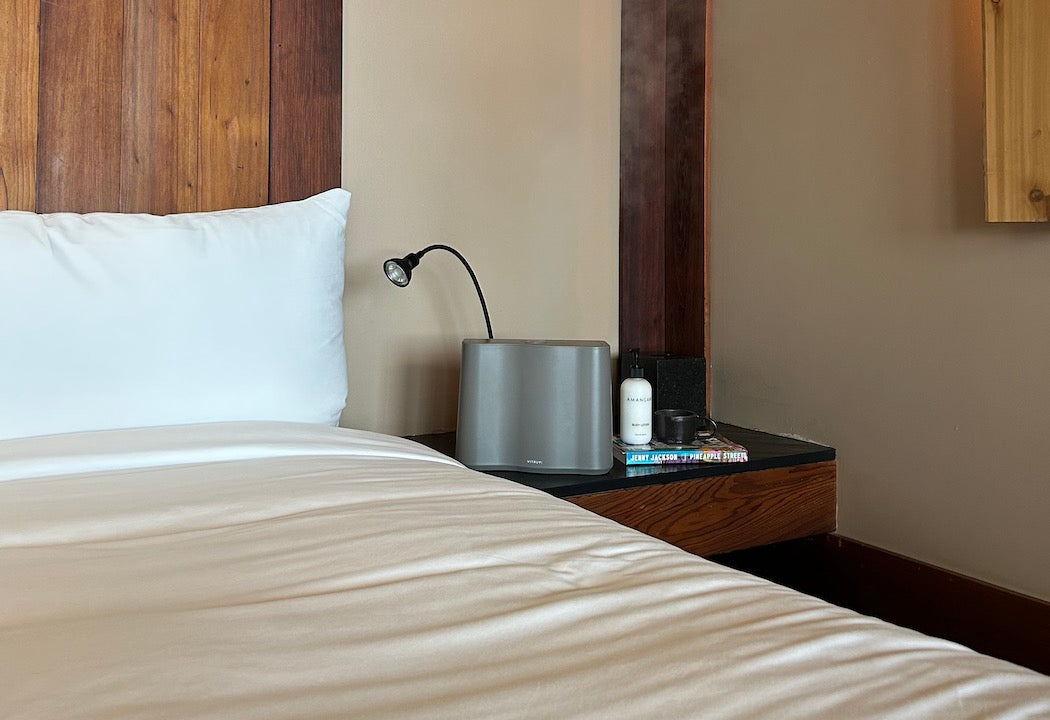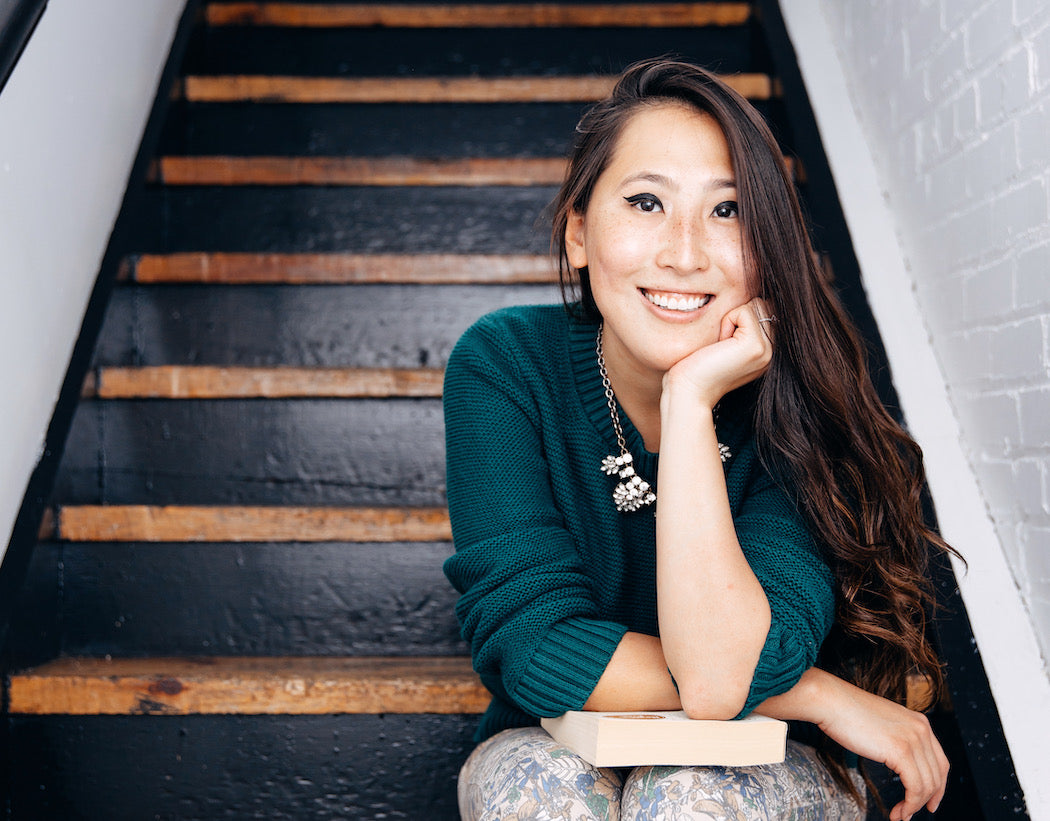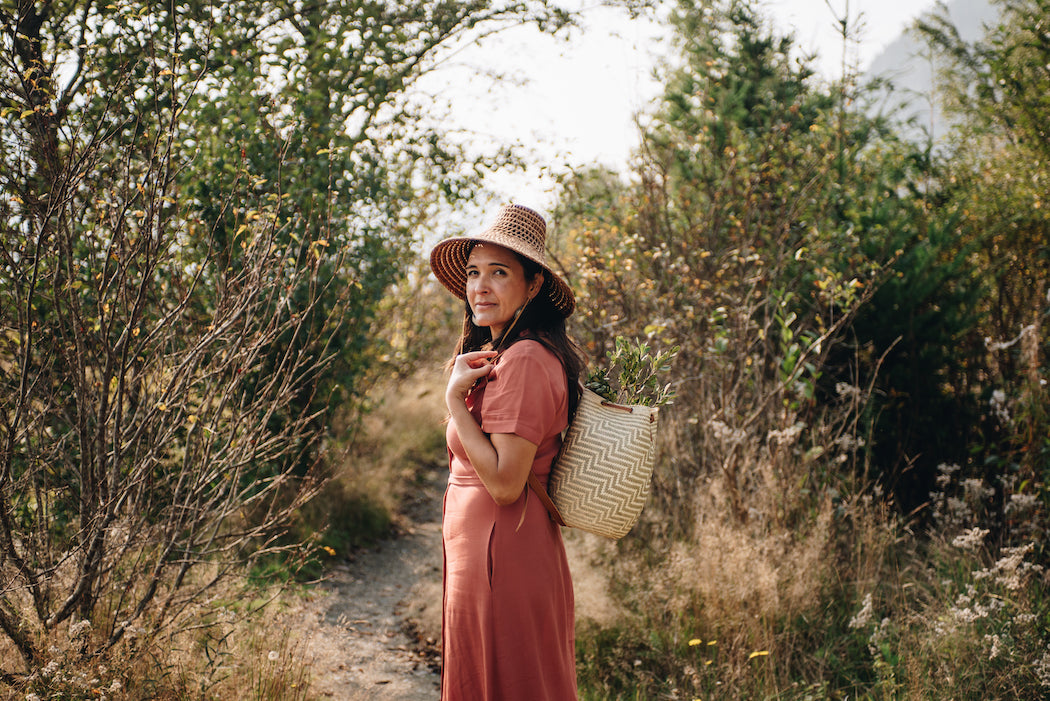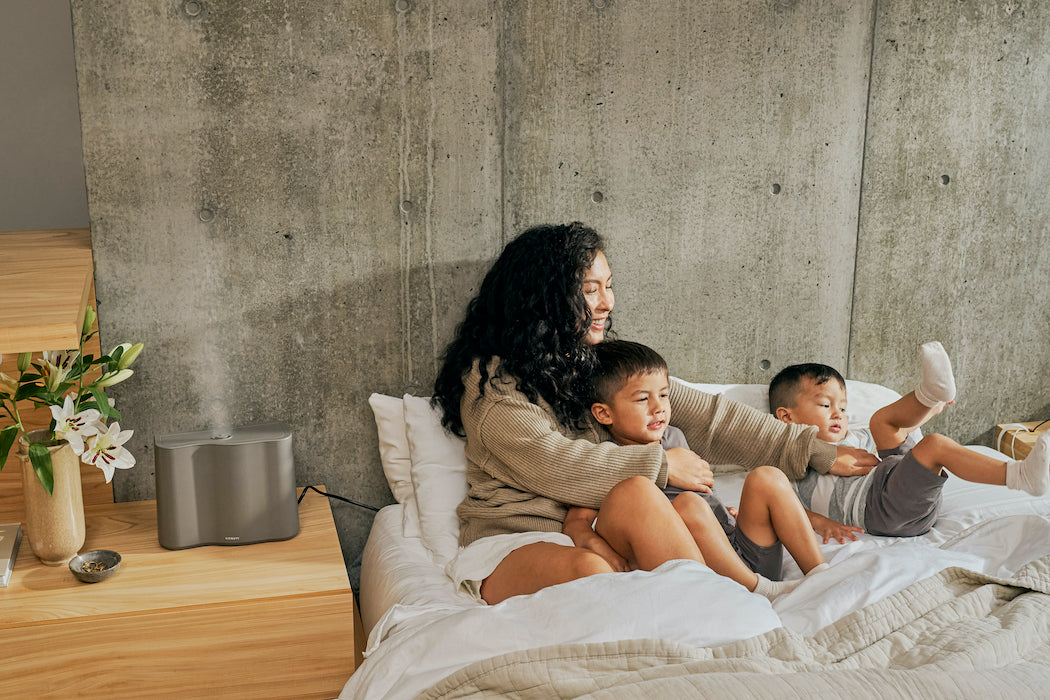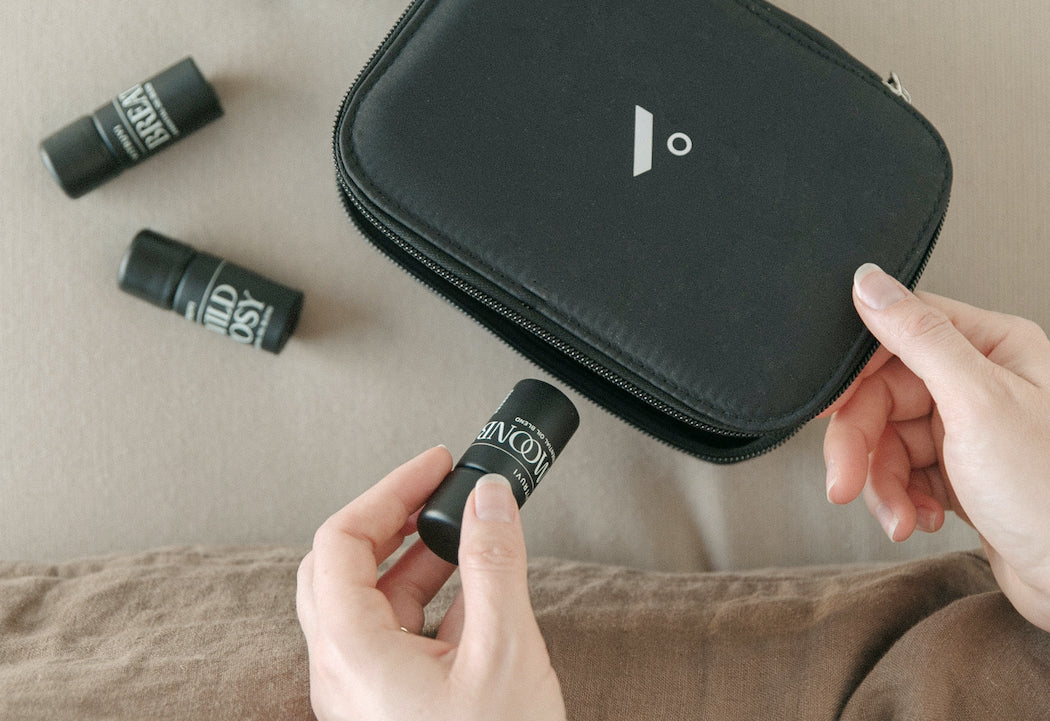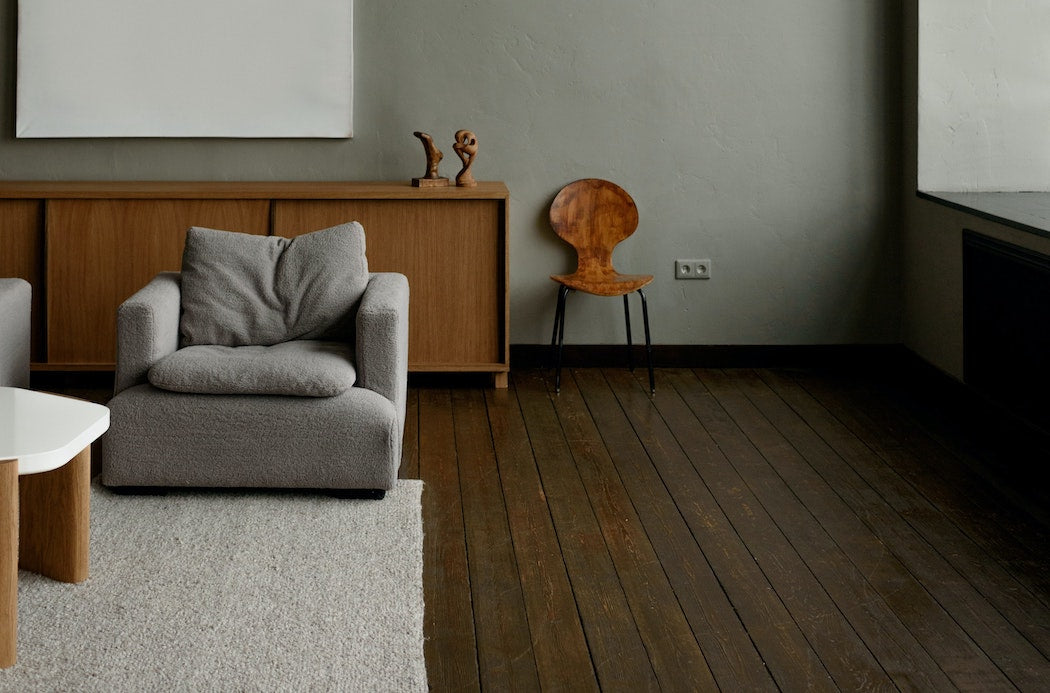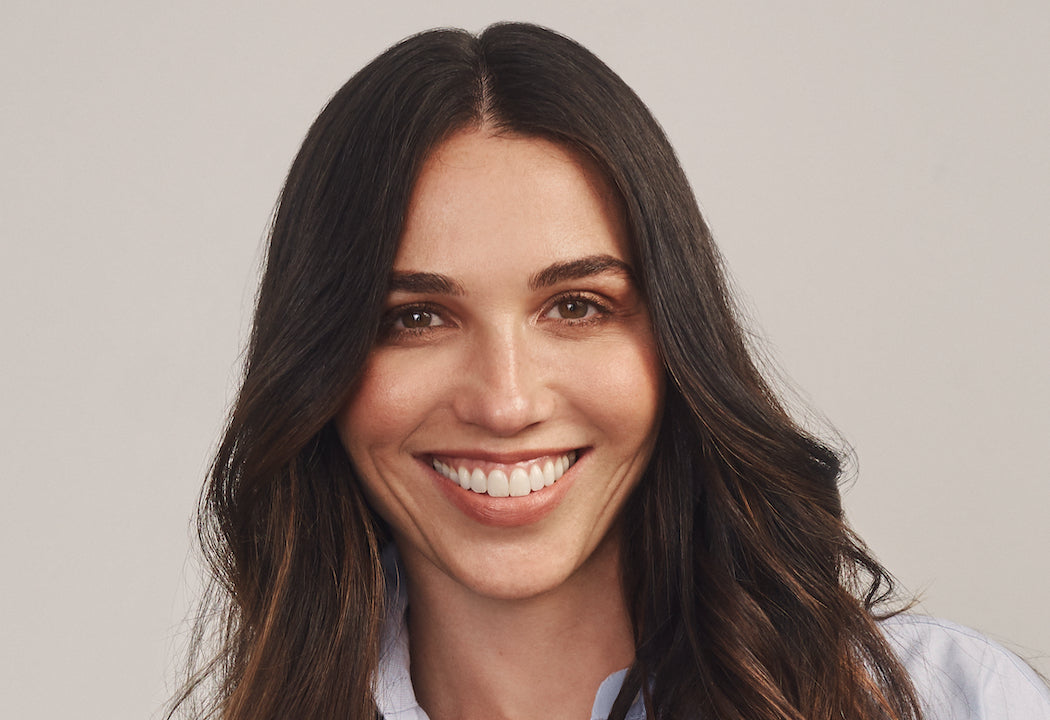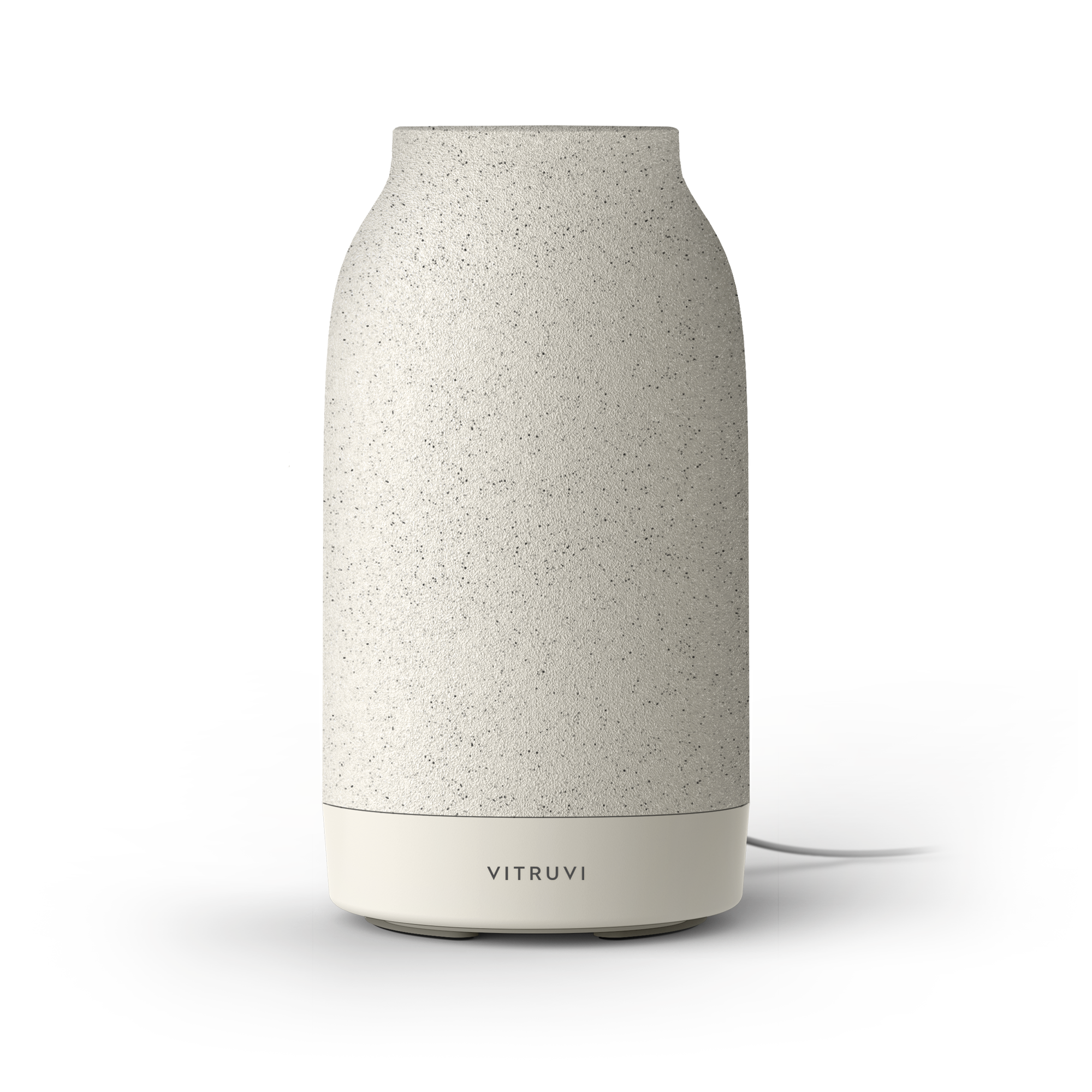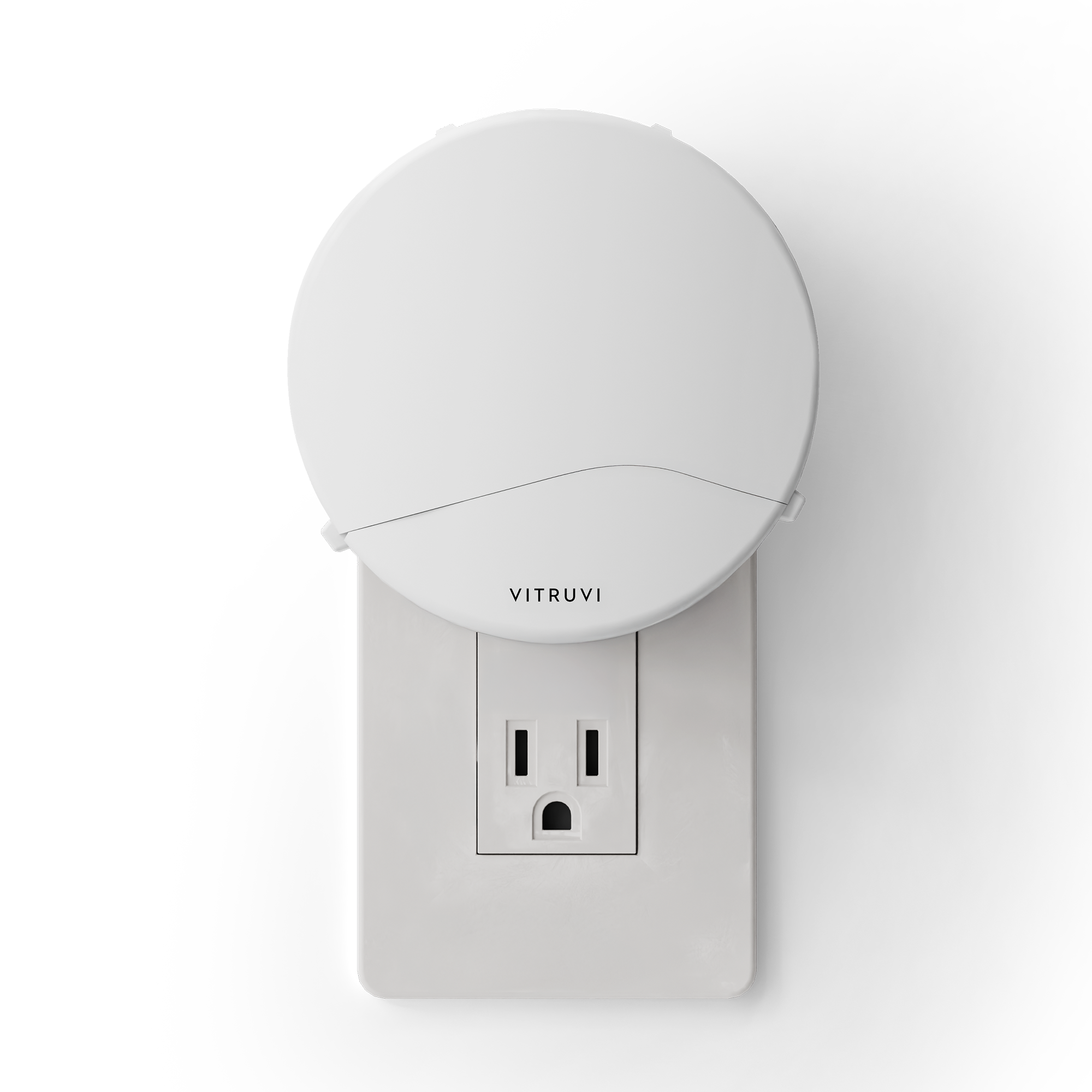When everything stopped in March 2020, the contemporary world went digital in a way it never had before (which is really saying something). Instead of nagging each other to get off our screens, we started spending all of our time staring at them—hosting virtual birthday parties; doing online workouts; playing digital games; shopping on websites; posting it all to Instagram. In our isolation and fear, all we wanted was to feel close to each other.
The internet is simultaneously ruining us and saving us. If we can (for a moment) look past its ability to make us question our self-worth and eat up our free time, we can recognize its value as a human connector. Maybe the greatest one in history.
That doesn’t mean it’s all good, but a lot of it is. The pandemic might have changed our spending habits, but it didn’t eliminate them. There will always be brands. There will always be consumer goods we want to buy and trends we want to follow. There will always be a place for screens. And there will always be a need for good storytelling—which often means good marketing. Enter Julianne Fraser.
As the founder of digital marketing agency Dialogue New York, Fraser is a master when it comes to online narratives. Working as a digital consultant, Dialogue pairs brands—such as Our Place, Shiseido, Seed, Sakara Life, and Brooklinen—with influencers, taking a holistic approach to social storytelling. It starts with the brand’s mission, links to the right influencers for the job, and spreads across the appropriate channels—be that Instagram, YouTube, or email.
Over video from her hometown of Edmonton, Alberta, where she and her husband have been quarantining during the pandemic, Fraser muses on authentic digital strategy, finding work-life balance, and the future of influencer marketing.
Pandemic aside, you’re a frequent traveler. How do you create a sense of home when you’re on the road?
Pre-COVID, I split my time between New York and Paris. I really love design and decor, and have found a passion in the little subtleties and details in each of our homes that make them feel really homey, and not like a foreign place. That has been really important: really being thoughtful with sourcing little design details.
I’m a routine person, and no matter where I am, I try to maintain that routine. I really have a love of cooking; it’s my meditation at the end of the day. I love to get creative with dinner and have a sit-down, traditional-style dinner every night. It’s an endpoint, a way to break up the day.
What was missing in the digital marketing landscape that you wanted to offer with Dialogue?
In my mind, the most important aspect, and the inspiration behind the name Dialogue, is these really authentic connections between brands and creatives. I’ve seen so many different approaches to the world of influencer marketing. When I started Dialogue, a lot of individuals understood the partnerships and creativity behind campaigns, but maybe were not necessarily rooting it in analytics and tracking; and then you see the other side of the spectrum, with agencies that do understand the concrete metrics and tracking behind the campaign, but maybe lose some of that brand marketing magic. And then there are a lot of platforms that are trying to automate it. I call it the wild, wild west, because there are just so many different approaches to it.
I was noticing these sorts of inauthentic collaborations: pay for play, and a lot of cringe-worthy hashtag ad-type partnerships, which still are prevalent today. Starting Dialogue, I really wanted to work closely with all of our clients to understand their brand message, understand the core of their marketing strategy, and find out how influencer marketing can plug in—and not act as this silo on the side, but enhance their editorial strategy, enhance the content strategy, and enhance their performance strategy. And to think through various ways to tap into these creatives authentically. So I think what really sets us apart from so many different individuals that are in this world is taking the time to work with all of our clients to craft a program specific to them. It’s not one size fits all.
There are so many influencers now. What is your vetting process to find the people who you know will get the return you’re looking for, and to match the right people to the right projects?
We start early on in our audit phase with new clients by doing a curation checklist—where we’re looking at not only [influencer] industry standards of engagement rates and the quality of their content and all of their back-end statistics, but also, we’re looking at their demographics.
And also their values: do they align with the brand’s mission and what they stand for? All of the brands that we work with have very clearly defined missions, from Seed to Sakara Life. They’re very rooted in purpose, and it’s really important that we’re finding people who speak to those same values.
What’s the entrepreneur experience been like for you so far?
I never thought I would be an entrepreneur, but I always had a crazy passion for marketing.
I saw this opportunity where influencer marketing was rising in importance. There was a lot of uncertainty and a lot of people not knowing the right approach. So I had this small window of opportunity, and I didn’t think it would grow into what it has become today; I just was really excited to work with some brands that I was passionate about.
What have been some of your biggest learnings on your journey as a founder?
I’ve been working with a business coach for the last year and he’s really changed my life, he’s pretty incredible. I’ve learned a lot from working with him in regards to the fact that there’s a big difference between being an excellent consultant and then being a founder and growing a team and really inspiring people. Mentorship is something that’s really near and dear to my heart, because I was so lucky to have some incredible mentors in my career.
I think my biggest learning across the board has been how to be fully transparent in the hiring process and also in the management process. And the power of transparency—not only with clients, but also with our team. And learning that in order to foster a work environment where people feel fulfilled and passionate about the work, they have to have that autonomy to test and try and learn.
You can’t predict the future, of course, but where do you think influencer marketing is going?
I think the notion of influence has always been around. It’s rapidly changing, and yes, it’s becoming super saturated, and a little commercial at the moment; there’s a lot of pay to play, like I said, and disingenuous collaborations. But in my mind, I feel like the consumer is getting even more savvy in knowing the transparency behind influencer marketing. And I think that if it’s done well, there isn’t this resentment around it being an advertisement; if it’s not done well, you know, you really do more harm than good.
I’ve seen the magic happen. I mean, the impact that influencer marketing can have on brands is pretty exceptional, and it’s growing in importance. It just has to be done well. So I think it’s here to stay, it’s growing. I think it’s going to only gain momentum, but also more and more, we have to think about how that ties into the in-person element. Retail marketing has had a really rough year, but people are going to be dying to go into shops and pop-ups, and touch things and feel products. People are going to be dying to have intimate dinners and events. So it’s not like we’ve shifted to digital and it’s never going back—but how can we weave in our online conversations or dialogues with what’s happening in-person? So I think a new wave of influencer marketing is coming.
You mentioned that you’re a big fan of routine. What routines have you been implementing to create work-life balance?
I’m really passionate about this, because it’s so important. I absolutely do try to create space, and that routine helps me stay consistent in my day-to-day. There are a couple of things that I’ve found to be valuable. Having that routine of either a morning walk or an evening meal where you have to bookend your day, you have to close your laptop. Even if you have to get back to it later, it’s that moment when you can just turn off, put some music on, and cook.
It’s so funny coming from a digital marketer, but I really try to get off my phone when I can. So in the evenings, I put my phone in airplane mode. I use different things like in a Loftie clock, which allows me to keep my phone out of the bedroom so I’m not on Instagram at night or checking my emails first thing in the morning. And on weekends I really try to disconnect and not be plugged in, because so much of my day is online and digitally-focused, which I love—but I try to be super, super strict with those boundaries so that I can strike that balance. That’s what has helped for me.
I do think across the board, there are certain things that you can do yourself—but at the end of the day, there’s so much that friends and human connection can bring that you can’t really supplement. I’m so, so excited to bring people together again to have great conversations.
This interview has been edited and condensed for clarity.

